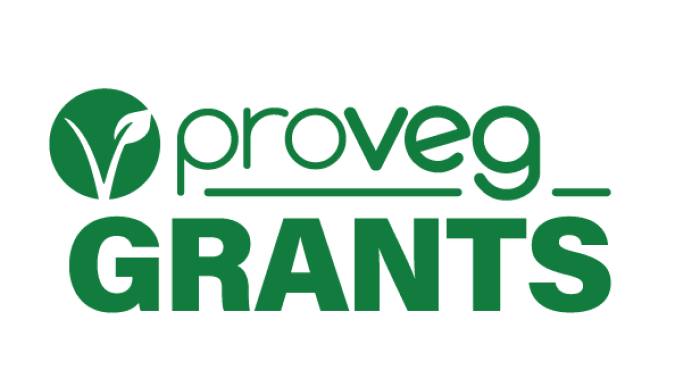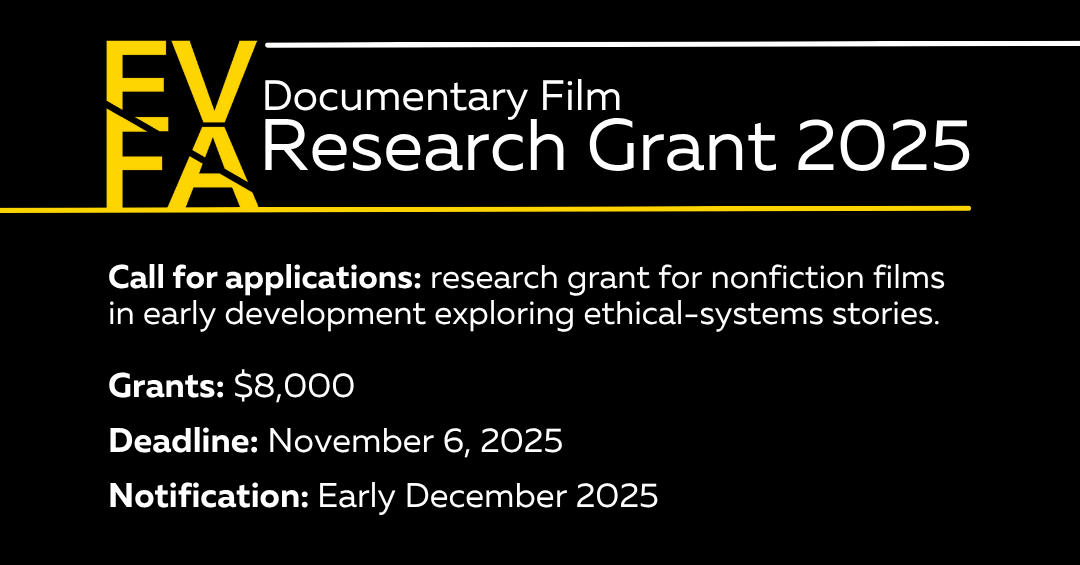I'm excited to share that we're gearing up for the next ProVeg Grants round closing on 1 September!
We are grateful to continue supporting high-impact projects around the globe. Here are the key details if you would like to apply and receive up to $50,000 USD for your diet-change project:
- Applicants must be organisations or individuals focused on diet-change work—vegan groups are prioritised.
- We prioritise proposals from outside the USA, UK, Germany, Netherlands, Czechia, Poland, South Africa, Spain, Belgium, Nigeria, Brazil, and Malaysia.
- Projects from groups that don't conduct animal welfare work have a higher priority.
- The interventions we prioritise are Schools & University Engagement, Political Outreach, Influencing Dietary Guidelines, Healthcare Professionals Interventions, Food Industry Events & Veg Festivals, and Corporate & Institutional Engagement.
- The deadline to apply and submit your proposal is 1 September 2024.
If your proposal is selected for a grant, in addition to the financial support, you'll receive mentorship from ProVeg International's Intervention Experts! We’ll support you during your project's implementation.
Join our global community of grantees and let’s work together in replacing animal products with plant-based and cultivated foods!
To learn more, read the eligibility criteria, and register your interest for a grant, visit: https://proveg.org/advocacy/grants/grant-application-criteria/







Supporting impactful diet-change projects is such a meaningful initiative! If you’re applying, consider exploring complementary ideas like integrating wellness benefits. For example, pairing plant-based advocacy with health boosters like hydrogen water might resonate with audiences.